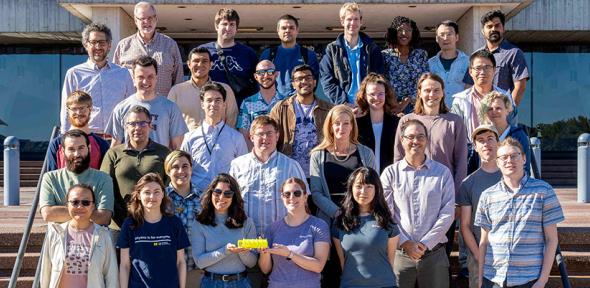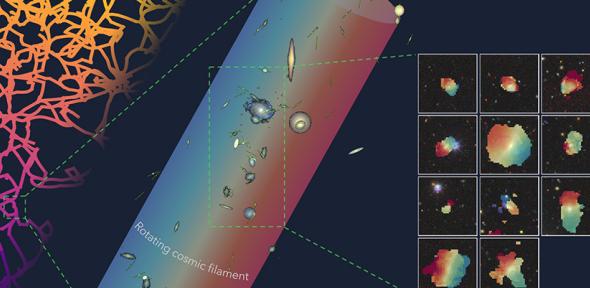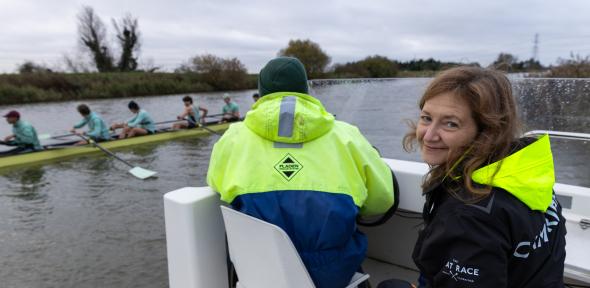
Sir John was a visionary in the field of developmental biology, whose pioneering work on nuclear transfer in frogs addressed one of the most fundamental questions in biology: whether genetic information is retained or lost during development.
His work paved the way for ground-breaking advances in biomedical research, from stem cell biology to mouse genetics and IVF.
His discovery that mature adult cells can be reprogrammed to an embryonic stem cell state (known as pluripotency) was recognised by the award of the 2012 Nobel Prize in Physiology and Medicine, shared with Shinya Yamanaka.
Professor Ben Simons, Director of the Gurdon Institute at the University of Cambridge said: “As well as being a towering figure in developmental and stem cell biology, through his dedication to science, his affection for colleagues and his humility, Sir John Gurdon was an inspiration to us all.”
Professor Deborah Prentice, Vice-Chancellor of the University of Cambridge, said: “I am deeply saddened to hear of the passing of Sir John Gurdon. He was a giant within the scientific community, a truly inspirational figure who rightfully earned a Nobel Prize in 2012 for his pioneering work in stem cell research. Sir John will be greatly missed by everyone here in Cambridge, but he leaves behind him an outstanding legacy for which we are extremely grateful.”
Professor Jon Simons, Head of the School of Biological Sciences at the University of Cambridge, said: “Sir John Gurdon was, and will continue to be, one of the most inspirational scientists in our community, and in the world. As well as outstanding contributions to developmental biology, John was also a dedicated colleague and mentor, who was deeply committed to interdisciplinary collaboration. He will be greatly missed.”
Born in 1933, Sir John was educated at Eton and Christ Church, Oxford, where he gained First Class Honours in Zoology. Following appointments in Oxford and the United States, Sir John joined the Medical Research Council Laboratory of Molecular Biology in Cambridge in 1972 and later became the John Humphrey Plummer Professor of Cell Biology in the Department of Zoology. He served as Master of Magdalene College, Cambridge from 1995 to 2002.
In 1991 he founded the Wellcome/CRUK Institute for Cell Biology and Cancer, later renamed the Gurdon Institute at the University of Cambridge, together with Ron Laskey. Their vision was to bring together expertise in two research areas: developmental biology and cancer biology. Sir John’s personal commitment to research – he continued to perform experiments at the bench until his 90s – was matched only by his dedication and support of his colleagues.
The University remembers Sir John as an inspiring scientist, insightful colleague, mentor, teacher and leader, whose legacy will live on through the generations of scientists trained in his lab, and extends its heartfelt condolences to Lady Gurdon and the family.
Watch an interview with Sir John in 2012
It is with great sadness that the University shares the news of the death of Professor Sir John Gurdon, founder of the Gurdon Institute.

The text in this work is licensed under a Creative Commons Attribution-NonCommercial-ShareAlike 4.0 International License. Images, including our videos, are Copyright ©University of Cambridge and licensors/contributors as identified. All rights reserved. We make our image and video content available in a number of ways – on our main website under its Terms and conditions, and on a range of channels including social media that permit your use and sharing of our content under their respective Terms.







